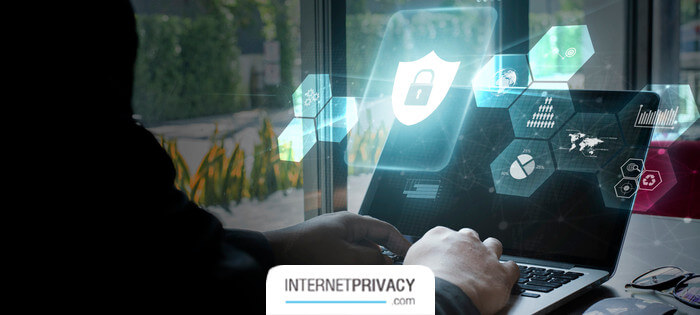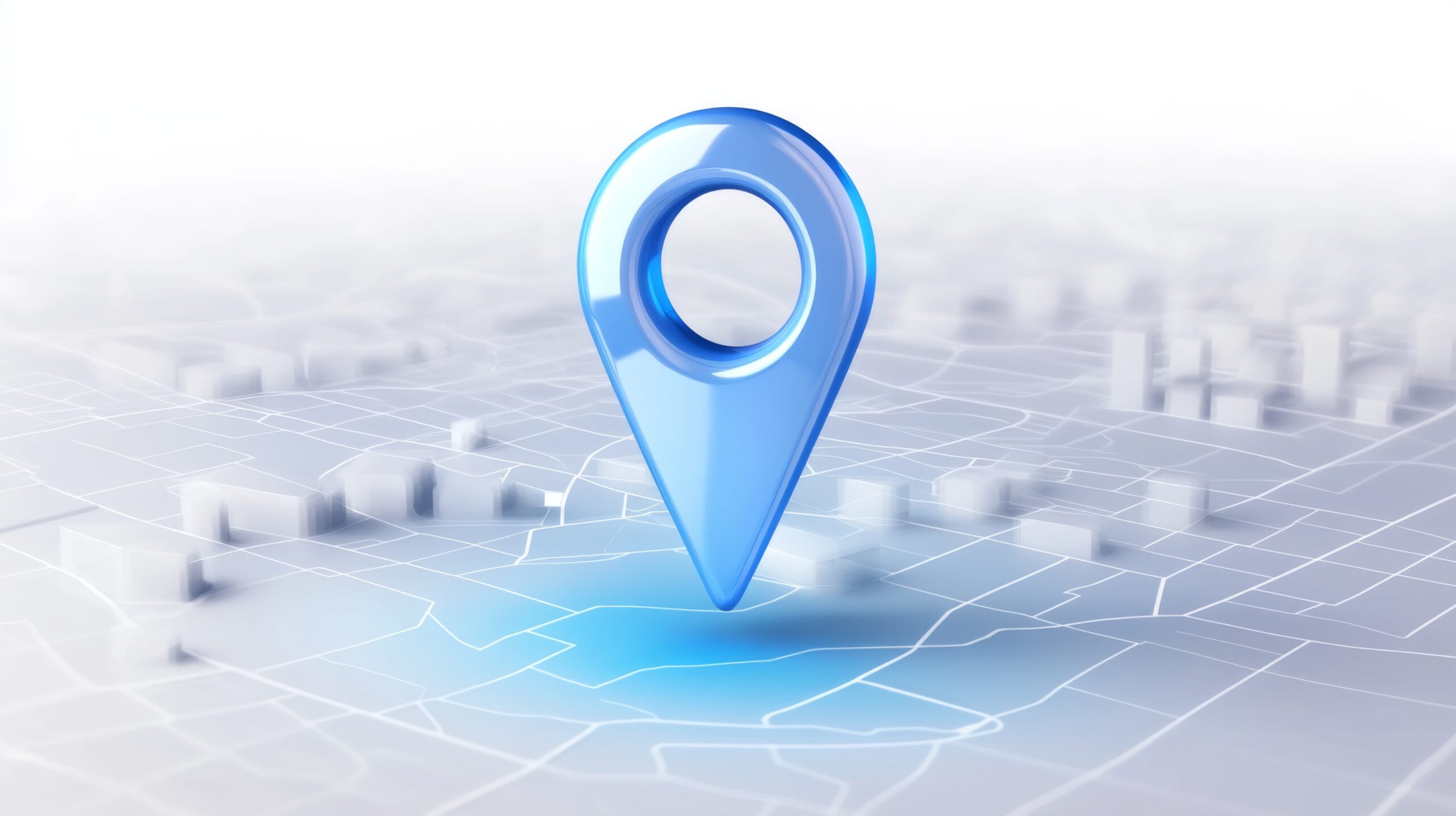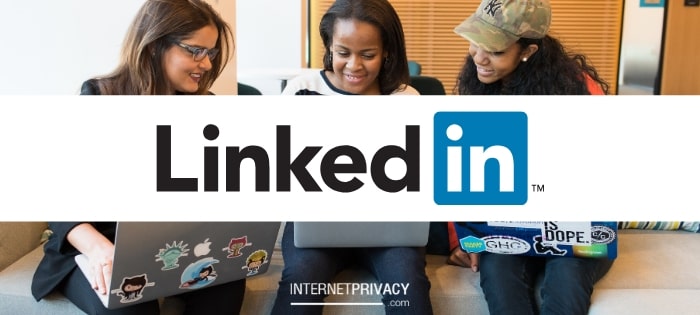7 Ways to Protect Privacy Online in 2021

Living in the digital age means we’re more connected than ever, perhaps in ways that don’t always have our best interests in mind. Your information can be stored in online data broker sites, including personal information on sites like Whitepages, and even criminal records on sites like Arrests.org.
Norton states that a 2017 Pew Research Study found that 49 percent of those in the U.S. felt their information was less secure online than five years prior.
Another 64 percent indicated a data breach impacted the security of their personal information. This is why you need to know how to protect internet privacy to maintain your online reputation.
Just make a quick search for your name, location, school, or company that you are working at. Chances are that you might find your profile on Google search results. Additionally, data broker sites can get a hold of your information, be it through your online accounts, social media sites, or other publicly available information about you.
While the only 100 percent guarantee against having your data compromised is to use cash, not use online services, and remove public records from online data collection sites, there are solid ways to protect your internet privacy online.
What Are Some Ways to Protect Privacy Online?
Being smart about what links you click on, what data you share, and using privacy settings is a good start. However, there are other options to consider. These include using anonymous browser settings, managing smart devices, and using encryption with your email and chat messages.
Other steps you can take include using a virtual private network (VPN), checking permission settings on all your apps and browser extensions, and limiting your online activities.
The Federal Trade Commission advises that you use strong passwords on all your accounts, encrypt all data, and keep your passwords private. There are also general recommendations to secure your computer and mobile devices with passwords, double-check requests for personal information, and be cautious about using public Wi-Fi networks.
Another consideration is to wipe data from devices and computers you get rid of or trade in.
Limit Sharing on Social Media and Online Sites
Although using social media and online sites is arguably important, it’s not always necessary. Ask yourself if you need to use every social media platform out there. If you do decide you want to use one or a few, limit what you share. Make sure your personal data, such as your birthday, is kept hidden from others.
Also, be mindful of what you’re posting and who can see it. Sites like Facebook let you restrict who can see your posts, who can share your posts, and who can tag you in their posts. Be sure to think about what you post on online forums or blogs under your name, as well as the details you share.
Even something as innocent as someone asking where you live in a Facebook group may be too revealing. This information is often used in phishing attempts to gain access to your accounts or confirm your identity.
Beware of Phishing Attempts
Phishing attempts often come in the form of emails that look like they’re from a legitimate source. These emails contain links that ask you to confirm your login credentials to your bank account or other online financial information.
Phishing emails may also contain attachments that install malware on your computer once you download them. The malware steals personal information stored on your computer and transmits it back to the person trying to steal your information.
In some cases, the malware may lock you out of your computer and ask you to call a support number. The person on the other end of the line then asks you for personal information or money to unlock your device.
Being mindful of phishing attempts and avoiding clicking on links or attachments from suspicious senders is one of the critical ways to protect privacy online. You can often recognize these attempts by double-checking the sender’s email address. Be sure to expand the display name, as this is often spoofed to look like it came from an official sender or an organization you know.
However, the actual email address usually reveals that it’s from a domain that is not associated with the company. For instance, the display name may say “Apple Customer Support,” but the email address may be from a sending using gmail.com.
Even if the email looks official, you should not click on any links. Scammers are becoming more adept at using official logos and company information in these emails. Always double-check with your financial institution or organization you do business with to see if the email is official.
Keep in mind that banks and other sites you do business with will not ask you for your information unless you initiate a password or account reset.
Avoid Public Wi-Fi or Use VPN
Public Wi-Fi is a common way hackers can steal your personal information. The best ways to protect privacy online are to not use unsecured or public networks or use a private VPN service if you have no other choice. If you’re staying in a hotel or you need to work from a library or coffee shop, you may not be able to avoid public Wi-Fi altogether.
However, you should ask how the organization protects your data. If you do have to use a public network, be sure to stick to using sites that don’t contain or ask for your personal information. For instance, it’s probably okay to browse for research but not wise to use mobile banking.
Some people choose to use a VPN service, even on their secured home networks. A VPN service makes your internet protocol (IP) address anonymous. Everything you do online becomes more difficult for hackers and external organizations to track. You can use a VPN service, whether it’s free or paid, from any Wi-Fi network for additional protection.
Before you choose a service, be sure to consider customer reviews and industry ratings.
Use Browsers in Incognito Mode
Depending on the web browser you use, you can set it in incognito, private browsing, or in private browsing mode. This prevents the web browser from recording your history and others from being able to access it from the browser’s servers. The company that makes the browser, such as Google, also won’t be able to collect and sell your information to other companies. You won’t see as many ad personalizations or suggestions.
However, your internet service provider will still be able to keep track of the sites you visit and your searches. If you’re using a work computer, it’s best not to use any sites or conduct any searches for personal reasons, even if you’re in private browsing mode.
Limit Use of Apps
It may be more convenient to use mobile apps, but one of the surefire ways to protect privacy online is to avoid them. Since these apps collect, store, and sell your data, it’s better to use a browser in privacy mode. For instance, Target has a mobile app you can use to make purchases and schedule in-store pickups.
Rather than making purchases through the app, you can use a browser to go to the site to accomplish the same thing. You stand fewer chances of having your behaviors and data tracked, which these sites also use to customize your ad experiences between devices.
If privacy settings and restrictions are available through the mobile apps, you can restrict what data these apps can collect. Look at the app’s permission settings to see what they’re currently able to access from your phone. This may include your list of contacts, camera, and pictures, as well as what you view on other apps. You may be able to revoke some of these permissions.
Look at Your Smart Devices
Do you have a smart TV, a smart fridge, or a thermostat? Some privacy experts recommend placing these devices on different Wi-Fi networks. This ensures that if someone can hack into one of your smart devices, that person won’t be able to find your computer or mobile device on the same network. This could be more complicated or out of reach for some budgets. Using VPN to manage smart devices and home Wi-Fi networks could be more realistic for many households.
Another way to protect privacy online via smart devices is to turn off ad tracking and personalization. Smart devices, especially smart TVs, can also track what you do. If you don’t want your TV keeping track of what content you watch and which streaming channels you use, you can turn off tracking within your device’s privacy settings.
Use Encryption for Messages and Keep Your Passwords Strong
When using email or chat messaging apps, you can use end-to-end encryption. This ensures that external sources aren’t able to see and collect your messages.
You’ll also want to use strong passwords for each site or app you use. Strong passwords typically consist of letters, numbers, and special characters. Don’t use obvious words or numbers like your birth date as part of your passwords. Ideally, you should also use separate passwords for each site and change them on a monthly or bi-monthly basis. You can use a password manager to help you remember all of them.
When it comes to protecting information online about yourself, you can even consider hiring a personal privacy consultant. These specialists will help you develop a strategy to protect yourself and your loved ones from the risk associated with identity theft or other cybercrime.
These are just some of the important steps you can take to protect your online privacy. You might also consider using a service or the advice of privacy experts to monitor your online safety like ours.
Get started today by calling 866-349-0130 now.





